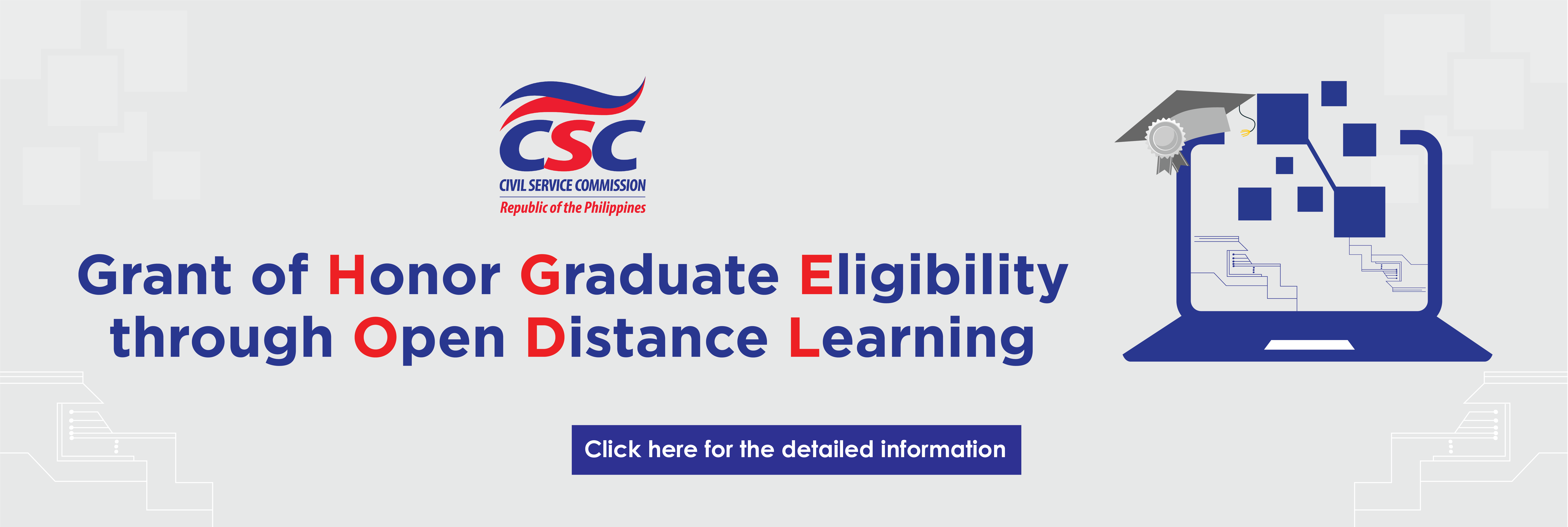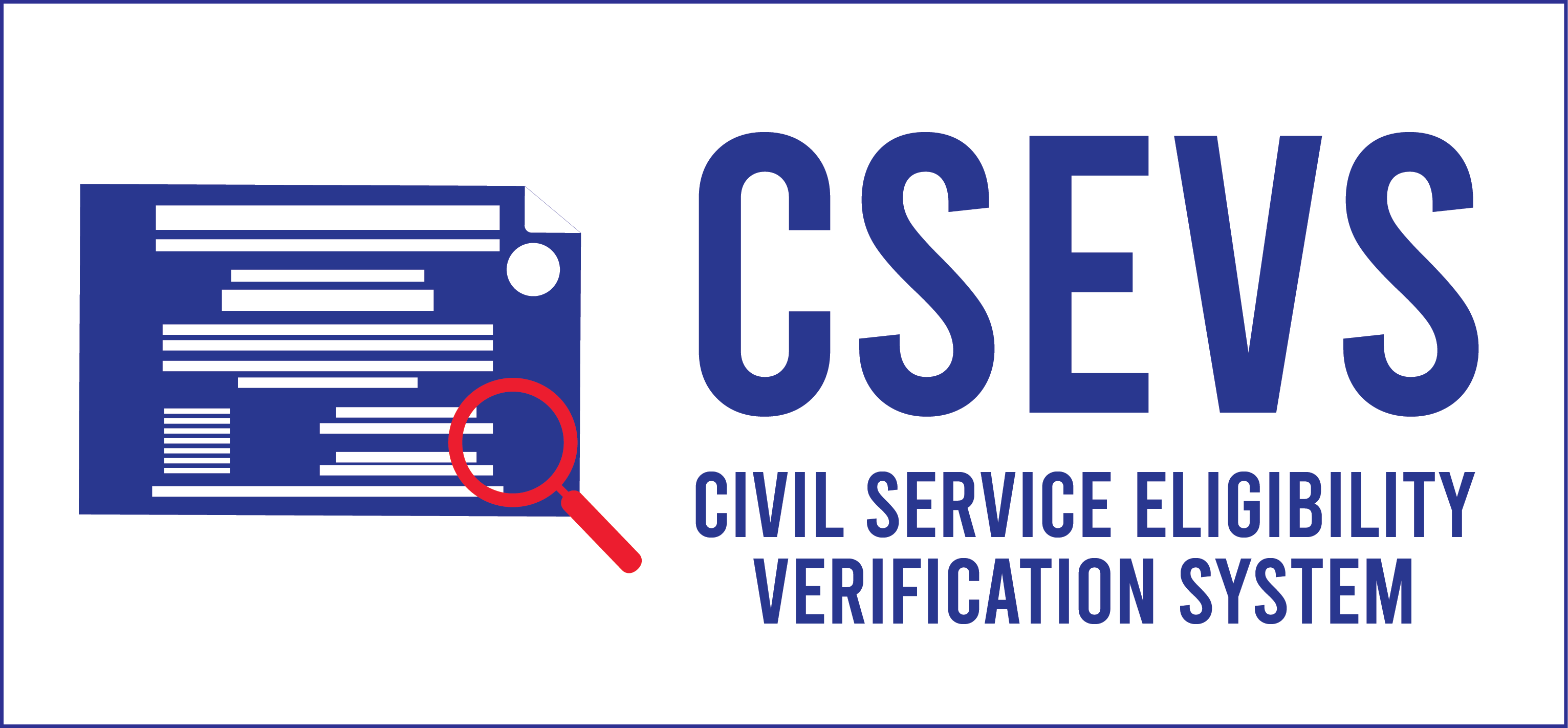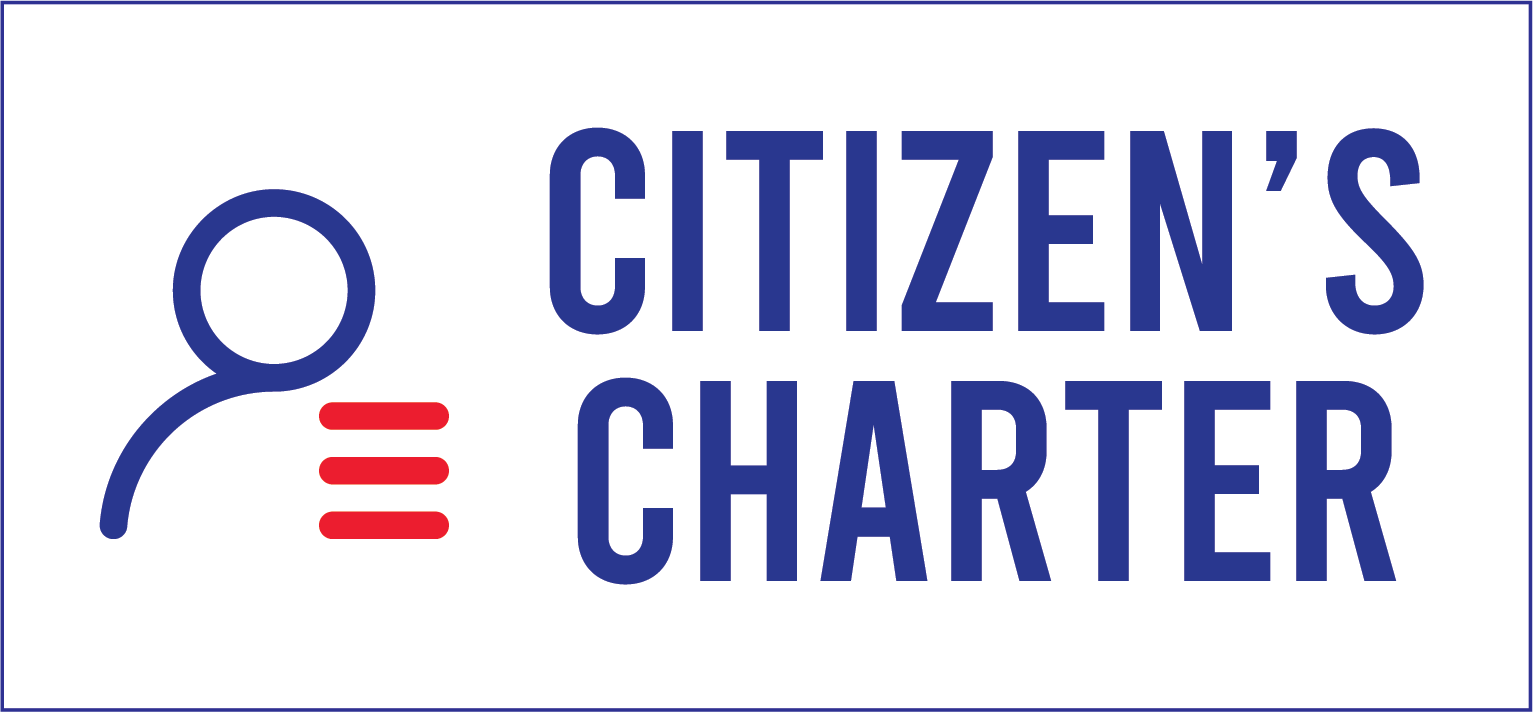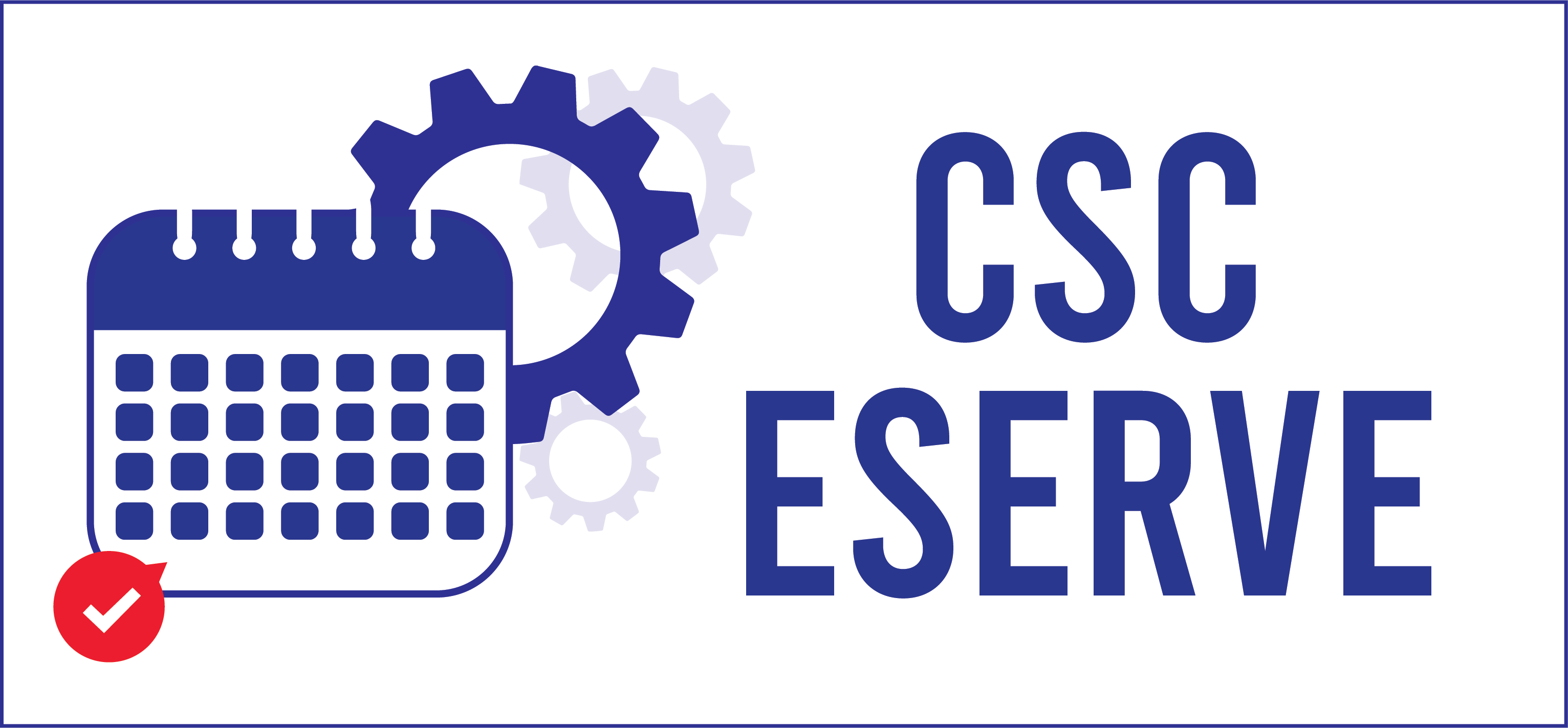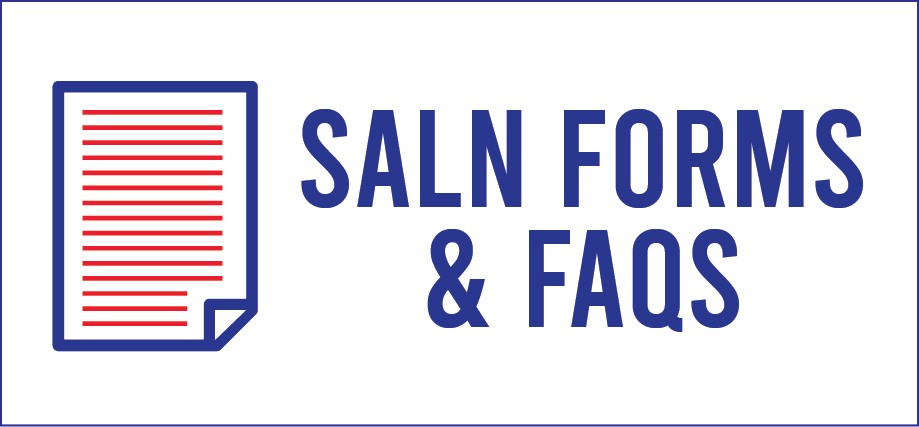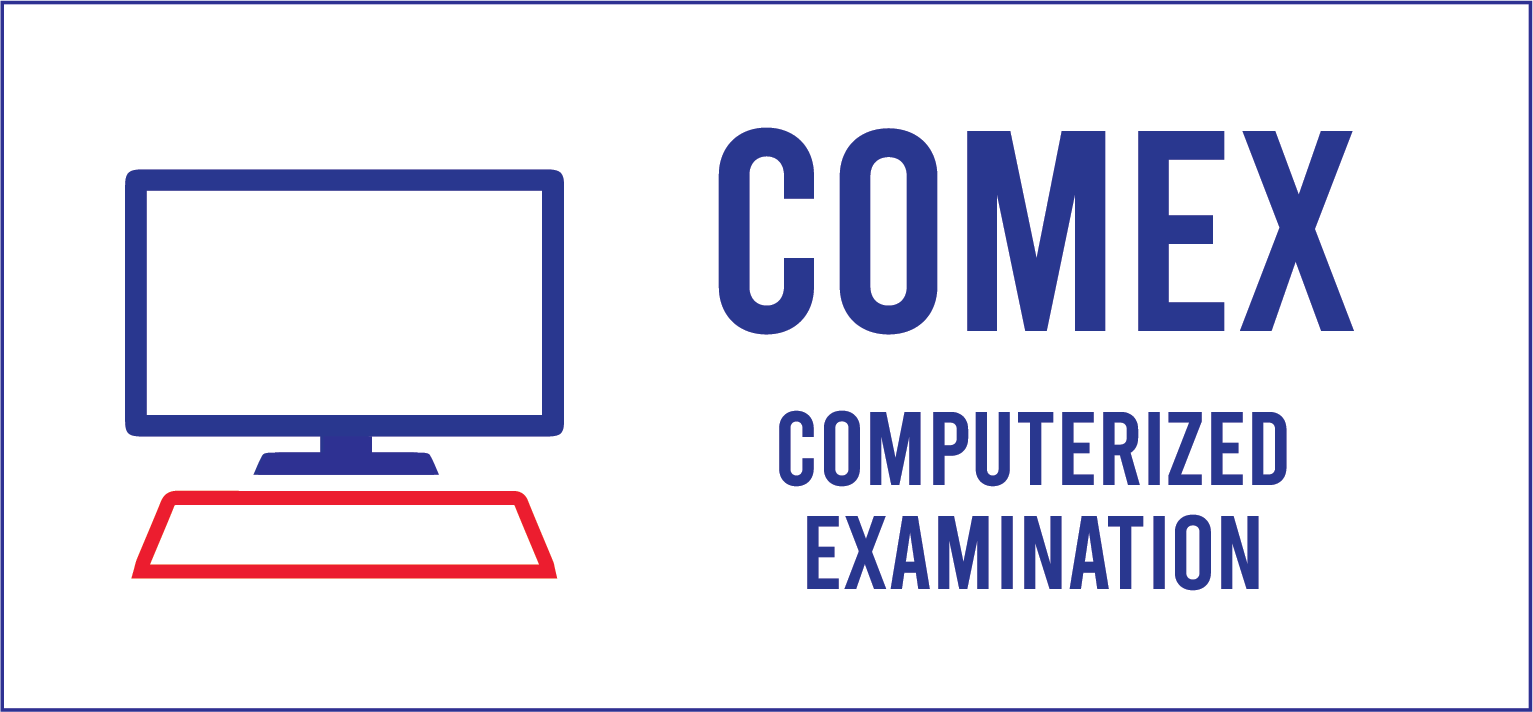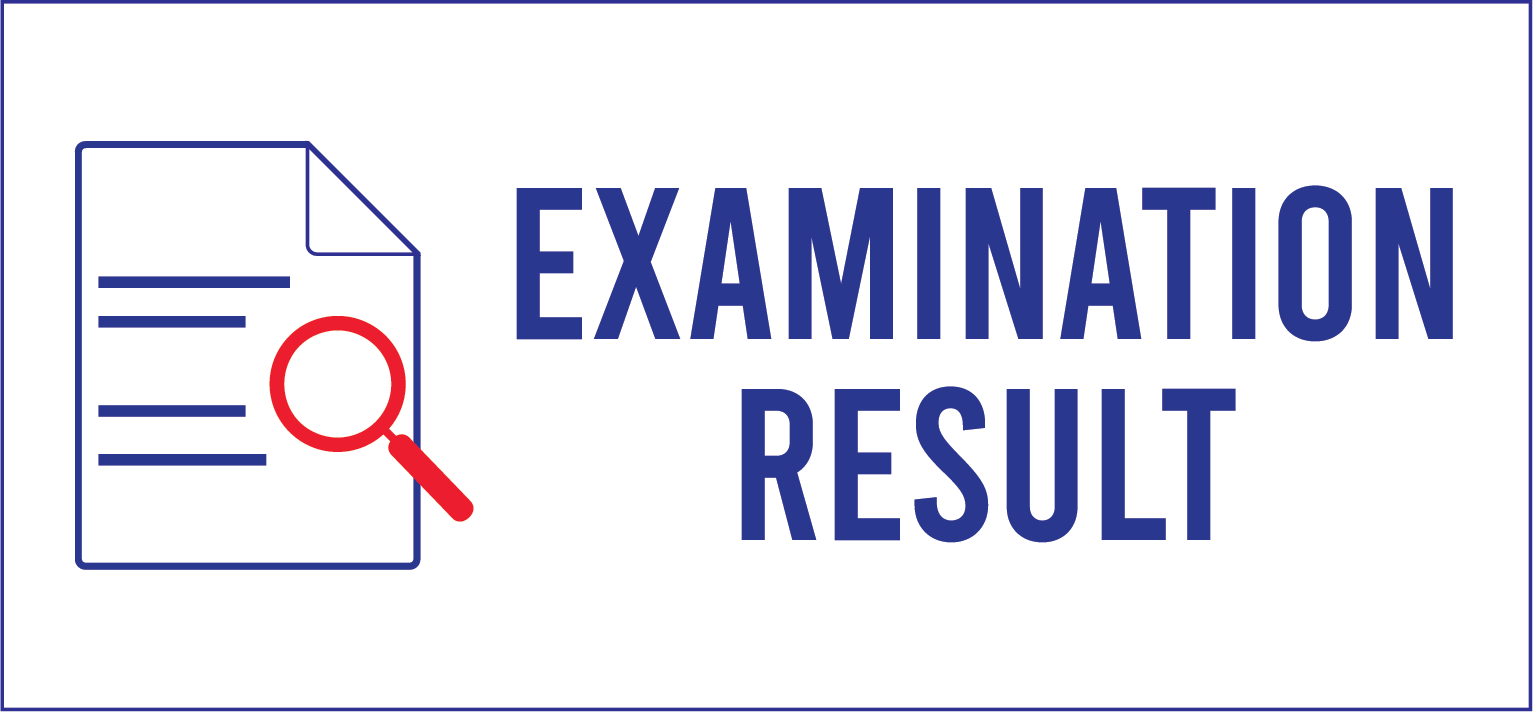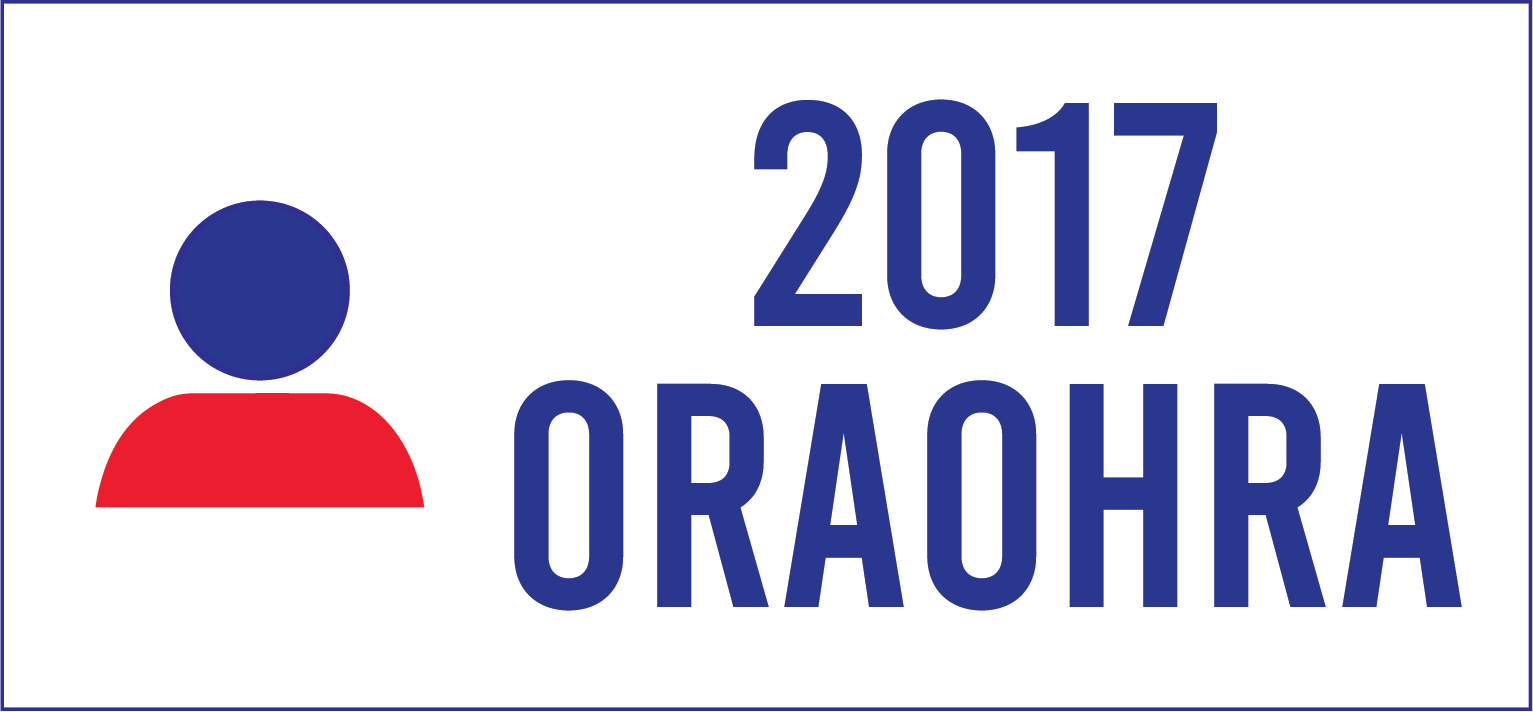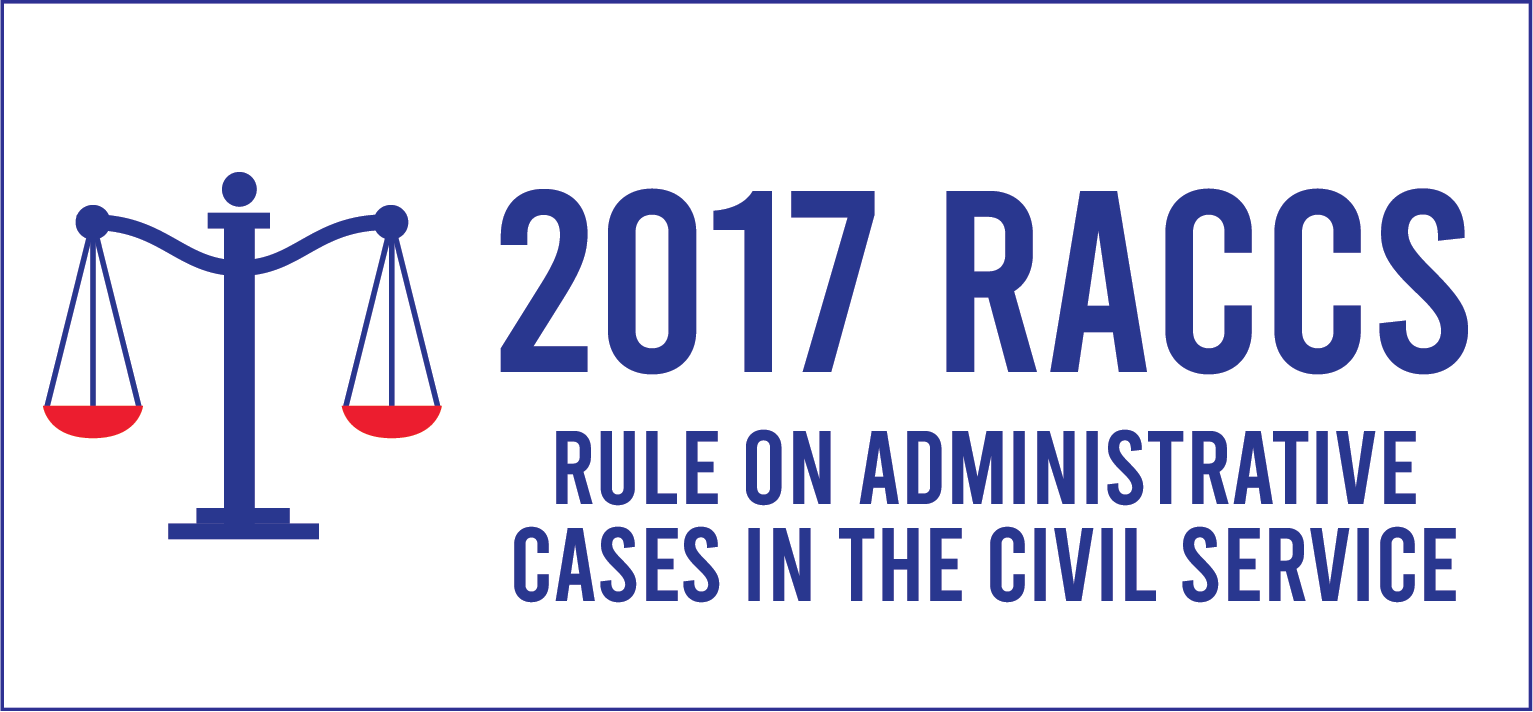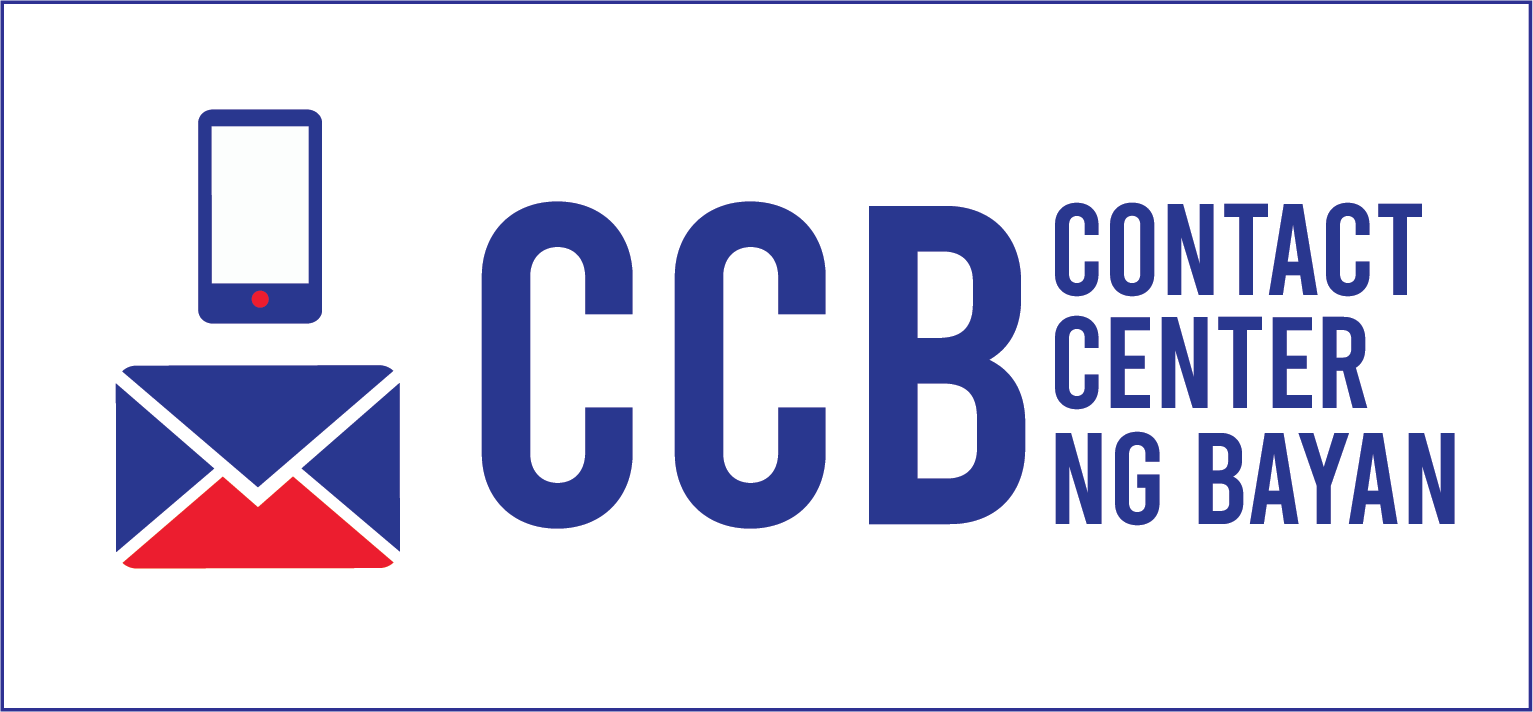The Civil Service Commission (CSC) urged government officials and employees to take advantage of online learning during the COVID-19 pandemic to improve their work competencies.
The CSC said that the pandemic has driven many organizations to offer webinars and online training courses, making learning relatively more accessible, convenient, and affordable.
It added that it is important for civil servants to regularly enrich their knowledge or upgrade their competencies in order to meet expected performance levels and to continue delivering effective public service. Agencies are also responsible for establishing a learning and development (L&D) program that would address competency gaps in the workforce.
As a training institution for the public sector, the CSC has seen the need to fast-track the introduction of its e-learning program due to the consequences of the COVID-19 pandemic. In fact, it has been offering online courses since June 2020. Its Civil Service Institute (CSI) and Regional Offices are now using videoconferencing apps and social media to give webinars on civil service policies for government agencies, some of which are even free of charge.
Civil servants can also take relevant courses outside what the CSC offers. As of 18 October 2020, there are currently 37 private learning and development institutions (ALDI) accredited by the CSI to complement the CSC’s L&D interventions for the bureaucracy.
To give civil servants a wider range of options, the CSC also recognizes government L&D institutions, non-accredited private institutions offering highly technical/specialized training, internationally-acclaimed local institutions, those recognized by the Commission on Higher Education as a Center of Excellence or Center of Development, foreign institutions that offer L&D for scholarship purposes or for personal advancement, and others that partner with the CSC in building capabilities of civil servants.
The CSI regularly updates its list of ALDIs, which may be accessed from its website at csi.csc.gov.ph.
Credit
Training hours earned from participating in online courses may be credited or considered to satisfy the training requirement in the Qualification Standards, as long as the training acquired is relevant to the position to be filled as certified by the agency’s Human Resource Management Officer.
Under CSC Resolution No. 2100190 promulgated on 17 February 2021 or the General Guidelines on Digital/Online Learning in the Public Sector, agency heads may implement, adopt, or avail of any or a combination of four digital/online learning modalities:
- Webinars and other synchronous learning approaches refer to virtual, instructor-led, same time learning. This means the course is availed of by the participants at the same time based on a specified schedule.
- eLearning refers to a learner-centered asynchronous approach where participants access online multi-modal learning resources to learn at their own pace, anytime, anywhere.
- Microlearning Modules are asynchronous, bite-sized, stand-alone learning modules that usually span not more than ten minutes but comprehensively address one learning objective.
- Blended Learning refers to a combination of synchronous, asynchronous, virtual, and face-to-face formats. This approach is flexible and can easily address any learning objective.
The policy allows face-to-face classroom training, provided that the quarantine classification in the area allows mass gathering, or the quarantine has been totally lifted, and that health and safety protocols are observed.
In crediting training hours for webinars and other synchronous learning approaches, the learner must obtain a Certificate of Attendance or Completion from any of the prescribed learning providers.
For asynchronous eLearning and microlearning modules, training hours shall be measured based on the actual duration of the module and evidenced by the tracking system of the learning platform implemented by any of the prescribed learning providers.
For blended learning, training hours shall be measured based on the duration of course including total learning hours for synchronous, asynchronous learning, and preparation of course requirements/outputs. Outputs may also earn training hours, the duration of which is dependent on the type of output.
CSC Resolution No. 2100190 will take effect on 10 March 2021, but will be applied retroactively to online learning attended since 16 March 2020, provided that guidelines are met.





